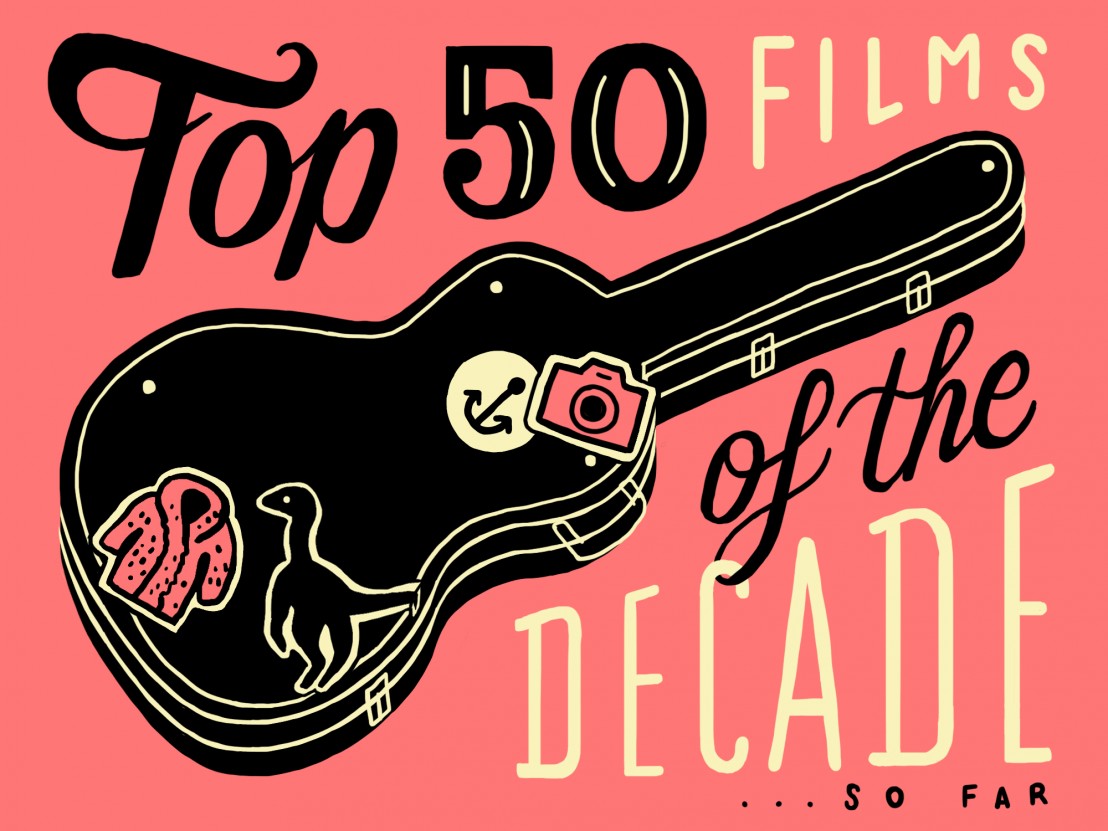
It’s become a standard complaint of the casual-to-regular moviegoer that there is now too much choice out there. Every Friday, as the new releases are sluiced out, advertised in flashing neon over the box office of your local multiplex, it’s become a case of picking one film and catching the other one later, if at all – it’s like movies are pitted against one another in gladiatorial combat.
And so we decided to organise a massive survey of the best titles to receive a theatrical release between the start of 2010 and the end of 2015, in a modest bid to ease the stress of having to make that tough choice week in, week out. The ballot was posted out to a global phalanx of LWLies contributors who were asked to select 10 films they thought exemplified the first half (and a bit) of the current decade. We’ll be posting the personal lists later this week, but until then here are the first batch of results…
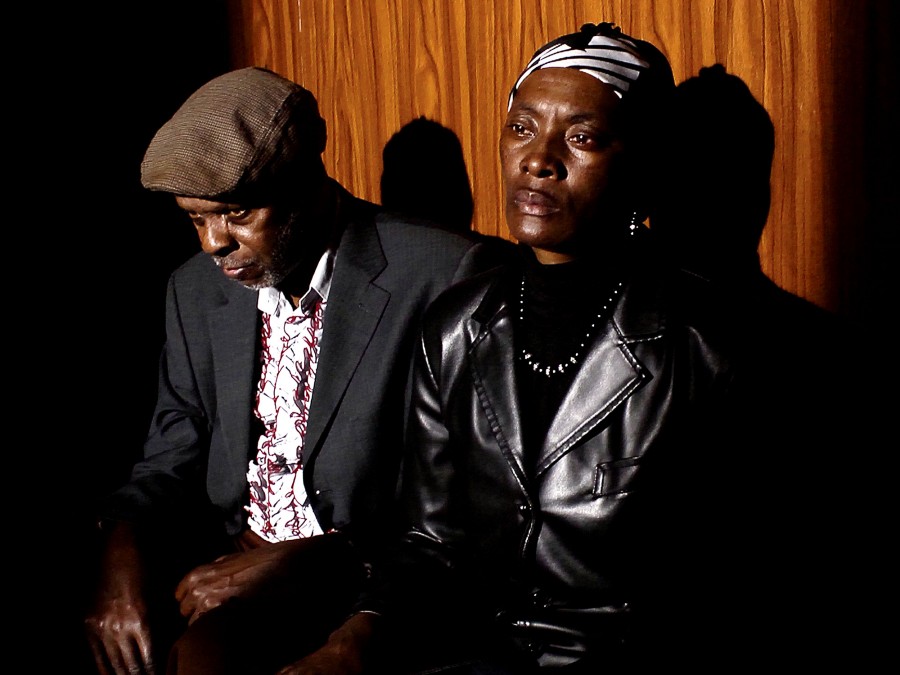
In 2014, one of the greats of contemporary cinema, Pedro Costa, returned with his first feature since 2006’s astonishing Colossal Youth. In the astounding Horse Money we rejoin the hero of that film, Ventura, (an actor who repeatedly, movingly plays on-screen iterations of his real self) now hospitalised and destined to face off against the ghosts of his tumultuous past. It’s tough to describe the film any further, as Costa’s mode is one that favours a purposeful barrage of stark imagery, shocking juxtapositions, baroque compositions and oblique references to the classic Hollywood films he reveres so fervently. It’s post-punk filmmaking, and it’s extraordinary. Read the review
Two Gyllenhaals for the price of one are the top prize for viewers of Denis Villeneuve’s experimental oddity. Its plot is ripped from the pages of the 2002 novel, ‘The Double’, by Portuguese author José Saramago, and the film takes the concept of a man spotting his own doppelgänger in a cruddy movie as its starting point, and then spirals off unnervingly from there. As a director and an arch screen stylist able to intimate off-screen horrors, Villeneuve appears as an acolyte to Davids Lynch and Fincher. The sinuous gliding movements of his camera work-up a palpable sense of unease. Read the review
Even though he’s levelled with with accusations that he makes the same film year in, year out, it doesn’t really matter when that film is charming, clever, innovative and profound. 2011’s The Day He Arrives focuses on stock concerns, a yarn spun around a nomadic filmmaker who wanders the snow-swept streets of Seoul in search of his pal, and gets wasted on Soju. And we get three versions of this same story, with subtle variations on each revolution. The way Hong deals with time means you could almost categorise his films as hard sci-fi, in particular the way he examines the counterintuitive daisy-chain effect that our actions have on the lives of others.
Corneliu Porumboiu’s charming, dryly comic The Second Game sees the filmmaker – a lynchpin of the so-called Romanian New Wave – sitting down with his father Adrian, an ex-football referee of considerable note, to intone their commentary on the titanic, snow-swept 1988 clash between local teams Dinamo and Steaua from a crudded-up VHS tape. The game plays out in silence, bar the fuzzy burr of the tape playback, as son questions father about his decisions on the pitch, the historical context of the game (Steaua were Ceaușescu’s favourite team), and how the dynamics of the game have changed over the past 25 years. A heartbreaking film of historical inquiry and father-son bonding.
Tom Hardy may be renowned for his animalistic intensity in films like Bronson and Mad Max: Fury Road, but the British actor showed another, more intimate side to himself in Steven Knight’s suspenseful auto thriller from 2013. Understatement is the prevalent keyword here, with Hardy donning a soft Welsh accent and dad jumper to play a regular bloke calmly attempting to navigate his way out of a particularly messy domestic crisis – all from the front seat of his family SUV. Shot in realtime over the course of a single evening, Locke is a disarmingly simple movie that delivers unforgettable drama on an impressively economic scale. Read the review
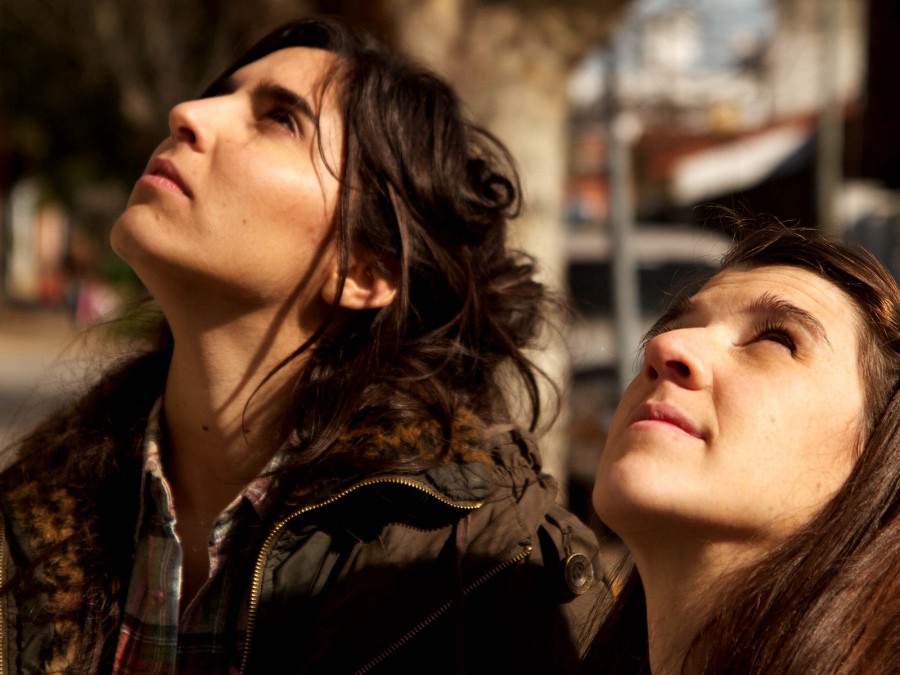
Though Jacques Rivette is no longer making movies, one director who’s making a serious play to take up his creative baton is Argentinean Matías Piñeiro, whose excellent 2012 miniature, Viola, co-opts those Rivettian mainstays of rehearsing a play and shady underground political sects. The meandering plot takes in the pre-production period of an amateur production of Twelfth Night which the title character happens upon by going about her business of selling pirated DVDs. As the film trundles on, it’s clear that Piñeiro is not aiming to make any kind of crass statement about art or politics, but one about comfortable generational malaise.
Before he disappeared up his own backside with The Hateful Eight, Quentin Tarantino delivered a major career highlight with this subversive and supremely violent anti-western. A freed slave on the warpath across the snow-blanketed Deep South is the jumping off point for a popcorn-crunching social commentary that provocatively confronts America’s ugly past. Ignoring a baffling third-act segue into Mel Brooks-esque farce, Django Unchained is right up there with the writer/director’s cleanest kills – a blistering, blood-soaked reminder that nobody does entertainment quite like QT. Read the review
Those who have caught Ron Howard’s (dire) latest, In the Heart of the Sea, have suggested that the director has clearly taken time out to watch Lucien Castaing-Taylor and Verena Paravel fishing-based slab of pure, sensory overload, Leviathan. In depicting the daily realities of North Sea trawler fishing, the directors take the viewer on a baroque journey in the bowels of Hades as their ultra-agile GoPro cameras are able to reach vantgaes that no camera has reached before. Read the review
One thing that came with the astounding success of the film Boyhood is that we had perhaps neglected – or at least under-appreciated – the talent of its director Richard Linklater. Sure, he had his creative wilderness years, but prior to his Biggest Year Ever, the director astounded with another of his “Before” movies, this one the climax of a proposed trilogy. Jesse (Ethan Hawke) and Celine (Julie Delpy) are not hitched and spend a long night of the soul deconstructing their current relationship woes attempting to divulge whether they are the sum of their youthful romantic dalliances. Magical. Read the review
A pox to anyone who complains that the Dardenne brothers are too reliable. Though their 2014 film, about a woman (Marion Cotillard) trying to save herself from imminent redundancy, is cut from the same careworn cloth as previous features, it’s another undeniably sublime and heartbreaking work about saintly self preservation, the struggles of working class life and the fact that it’s often the smallest stories which deal with the biggest and most important ideas. Read the review
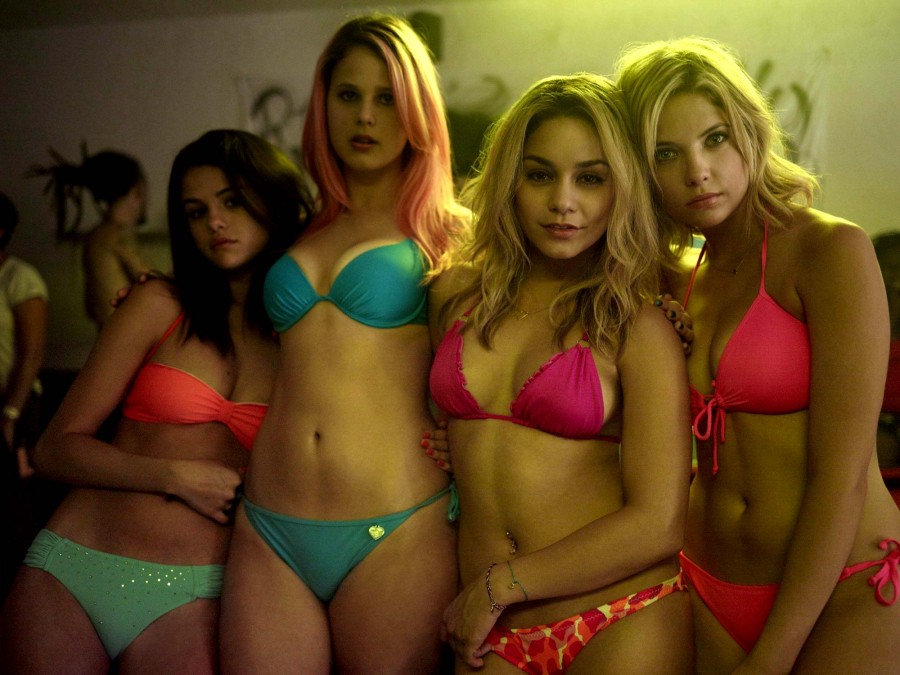
Take some squeaky clean young stars, add a couple of fashionable pop culture figures and throw them together into a crime-based party movie set during the annual student rite-of-passage: sounds like a sure fire recipe for success, right? That’s the beauty of hindsight, because even those who kept faith with Harmony Korine throughout his alienating Mister Lonely/Trash Humpers period must surely have approached the writer/director’s fifth film with a degree of uncertainty. As it turned out, of course, Spring Breakers was an unmitigated triumph, a brilliantly bonkers teen movie satire that doesn’t so much flip the genre on its head as spew neon-yellow vomit into its face. Spring break forever, bitches. Read the review
The most haunting horror stories are rooted in reality. Lynne Ramsay’s adaptation of Lionel Shriver’s best-selling novel is rooted in everyday maternal fears. What if you don’t love your baby? What if your child grows up to be a psychopath? Told from the perspective of Eva (Tilda Swinton) in the present and in flashback, we watch her baby Kevin, becoming a smart and nihilistic teenager played by a smirking Ezra Miller. Dread builds. We know an awful event is coming. Red imagery dominates. Eva’s husband refuses to see anything wrong. Ramsay shows us life before Kevin meaning life after Kevin is a hell for one who has known heaven. Read the review
Darren Aronofsky is a director prone to grand gestures and prolonged climaxes whose films can be at once mesmerising and confounding, and his balletic psychosexual thriller centred around a pair of New York dancers proved no different. Natalie Portman’s Oscar-winning performance aside, Black Swan remains as alluring today as when it divided critics back in 2010, its intertextual obliqueness and visceral symbolism commanding our repeat attention. Indeed, it’s only after several viewings that Black Swan truly begins to reveal itself as Aronofsky’s most accomplished and complex work. Read the review
Like Tsai Ming-Liang, the Hungarian director Bela Tarr announced prior to the release of 2011 film The Turin Horse that this would be his final film. Having moved into academia in the interim years, it looks like this retirement might be more than idol showboating. But in terms of its bleak finality, it makes for one hell of a swan song, operating as a meticulous, concentric metaphor for the slow decay and eventual death of animals, people, families, language, countries, political systems – the whole bit. Read the review
Reach for Nuri Bilge Ceylon’s slow murder mystery when free hours roll across the horizon, like the yellow hills of Anatolian countryside. From the opening shot of a tiny car with tiny beams inching onwards from the righthand corner of the frame, it’s clear that the narrative fire is slow to burn. The mystery of a missing body is approached, not clinically like in a procedural but amid the swell of everyday conversation and needs. The photography is so glorious that simple images are burnt onto the retina with irrational poignancy: why is an apple bobbing in a stream unforgettable? Read the review
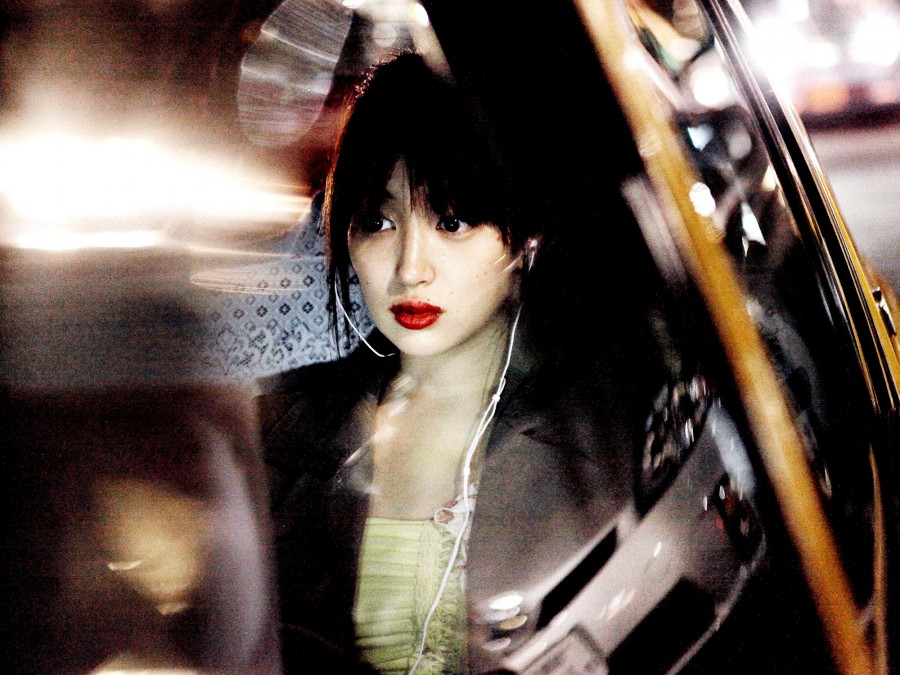
Iranian maestro Abbas Kiarostami has said of this extraordinary work that he has simply made a film without a beginning or an end. While that statement makes a lot of sense when considering the soft and oblique manner in which the film opens and the shockingly abrupt manner in which it climaxes, you feel like he’s probably just being falsely modest and there’s actually much more to it than that which he’ll never let us in on. Set in Tokyo, it concerns a young prostitute and her enlightening evening with a dawdling professor who becomes her father figure. Read the review
If anything, the fact that we weren’t overly enamoured with Joachim Trier’s recent Palme d’Or contender, Louder Than Bombs, is an indication of how ridiculously high he set the bar for himself with his first two films, Reprise and Oslo, August 31st. The latter, from 2011, saw the Norwegian writer/director reunite with his compatriot, Anders Danielson Lie, here playing a recovering junkie who sets about reconnecting with old acquaintances in a city where he used to belong. An emotional, haunting film about learning to finally let go of things lost. Read the review
The bruised dignity of the working classes is captured with mighty rapture in Tsai Ming-Liang’s alleged feature swan song, Stray Dogs. Though tough to express the true flavour of it’s mucky splendour, you might say it’s a little like The Bicycle Thieves has been remade as a video installation for an art gallery. It contains a shot of its main character, played by Tsai muse Lee Kang-Sheng, weeping continually while decimating a cabbage with a face drawn on it as his children slumber nearby, which surely must be considered one of the shots of the decade. Read the review
It wasn’t until her starring role in Kathryn Bigelow’s “war on terror” procedural, Zero Dark Thirty, that Jessica Chastain rose in to the upper leagues of the Hollywood A-list. And it’s easy to see why, as she is brilliant as an unsmiling, power-suited CIA blood hound known only as Maya who is one of the key players in the hunt for Osama Bin Laden. Written by Mark Boal, the film follows her investigation, from flipping through piles of dusty loose-leaf files to celebrating with ground troops holding high the head of their iconic target. Read the review
Is Mr Turner Mike Leigh’s magnum opus? It’s certainly not hard to make the case that the veteran British director’s biopic of the Romantic painter, JMW Turner, is the crowning achievement of an illustrious career – so detailed and precise is each brushstroke that comprises this two-and-a-half-hour portrait of one of the most important artists of the 20th century. Timothy Spall’s astonishing, largely non-verbal central turn saw him pick up the Best Actor prize at the 2014 Cannes Film Festival, and we’d have been quite happy had the film swept every major award on offer. A bona fide masterpiece. Read the review
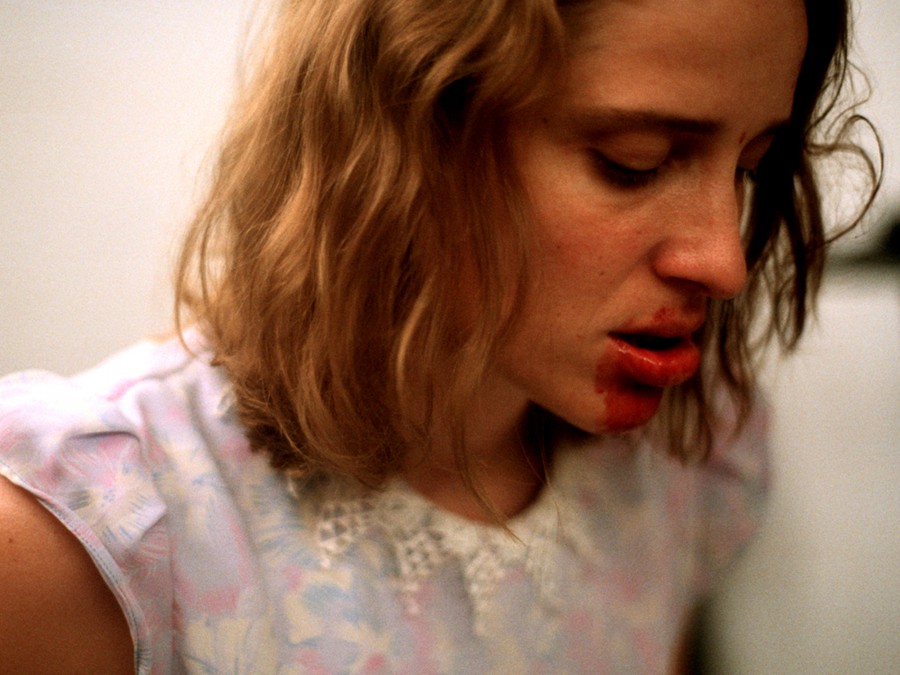
We don’t want to say that Greek director Yorgos Lanthimos’ best work is already behind him yet Dogtooth is a perfect encapsulation of his taste for surreal situations, black humour and deadpan characters. The concept is simple. A man and a woman keep their grown-up children isolated at home. Father tells elaborate lies about the dangers of the world beyond. Sex, dancing and education take place within the family compound, endured with staring eyes and inflection-less voices. Humour comes from contrast between composed performances and bursts of physical comedy. Tension is constant. The pay-off is touchingly full of possibility. Read the review
Channing Tatum is the ripped party boy stripper with a twinkle in his eye in this boisterous sequel which arguably improved on the 2012 original. It’s certainly the closest that we’ve come this decade to an old fashioned MGM musical, with Gregory Jacobs piecing together a series of lavish and playfully bawdy musical set-pieces along the road to a giant stripper convention in Miami. Though it’s a gang of burley men that once again take centre centre, Magic Mike XXL is also a beautiful celebration of how female sexual appetite knows no conventional size, shape or age. Read the review
It was inevitable that director Kelly Reichardt would eventually make a western, such is her abiding interest how we navigate the peculiar climes of rural America in films like Old Joy and Wendy and Lucy. Meek’s Cuttoff is the very definition of a slowburn treat, a classical Oregon-set “oater” in which a wagon trail heading across vast, acrid prairies is placed in danger when its party decide to take heed of a short cut suggested by one Stephen Meek. Yet this film adopts the perspective of the female travellers, how they are summarily removed from the male-oriented decision making process that’s getting them into hot mess after hot mess. Read the review
Slow cinema lodestone Journey to the West comes across as Tsai’s brilliant and clever attempt at auto-critique, as he places the contemplative fundamentals of his cinema (as symbolised by Lee Kang-sheng and Denis Lavant) into the frantic, chatty, unwieldy maelstrom of modern urban life. And yet this is not simply an exercise in dry cinephillic academia, but sees Tsai making simple (yet profound) observations about time, landscape, human interaction and how the more time we are given to look at something, the more oblique, untenable and (perhaps) strangely beautiful it becomes.
Once a film becomes buried under popular acclaim it’s easy to forget how fresh it once felt. Noah Baumbach and Greta Gerwig’s most successful collaboration is just a joy to watch. Sure, it’s about semi-serious things like figuring out what to do with your life while your best friend cracks on and leaves you behind, but the tone of delivery and Gerwig’s earnest clumsiness are one long hoot. Well-observed social scenarios make up the narrative spine as a 27-year-old dancer tries to go her own way without alienating everyone or selling herself short. The black-and-white photography and use of David Bowie’s ‘Modern Love’ suit Frances in all her classy, goofy whole-heartedness. Read the review
Read part 2 of our best films of the decade (so far) countdown and let us know your favourite films of the 2010s at @LWLies
Published 4 Jan 2016
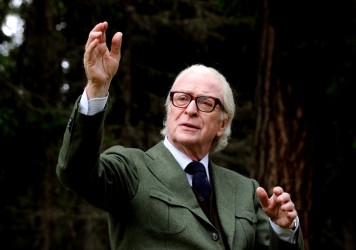
From Michael Caine conducting to a cartoon sausage, check out which releases are hot on our radar for the year ahead.
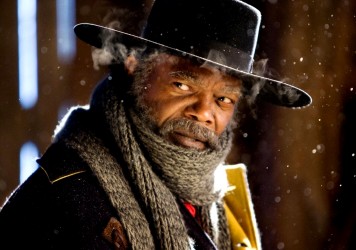
Quentin Tarantino’s bloody, bloated ensemble western is overshadowed by his own inflated ego.
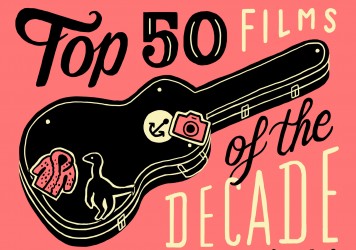
Paul Thomas Anderson, the Coen brothers, Mia Hansen-Løve? Find out who made top spot in our giant mid-decade survey.